|
|
Abortion seemed like the quickest solution, but the healing will take a lifetime.
Carolyn and I are sitting in front of a cozy fire. Since we’ve just met, we both feel a little awkward. We make small talk over apple cider and cookies. We talk about school, Carolyn’s part-time job, our summer plans. Gradually, Carolyn and I begin to feel a bit more comfortable with each other. Considering why we’ve gotten together, that’s not easy.
We’re here to talk about a painful secret. We’re here to talk about Carolyn’s abortion.
A lot of Carolyn’s story might sound familiar. She grew up in a Christian family, attended church regularly, participated in Fellowship of Christian Athletes and a small Bible study at her high school.
She didn’t date much until her junior year, when she met Ben, a senior. After a few months, they began having sex. Carolyn says, “In the back of my mind I knew it was wrong, but I pushed that back. We really cared about each other, so it seemed OK. And there was so much peer pressure. Everyone talked about sex, everyone was so curious, it just seemed like we had to do it.
“We’d always used protection, but the weekend of the prom, I had my period. We thought I couldn’t get pregnant while I was menstruating, so we skipped the birth control. After a month or so, I realized I hadn’t had another period. I told Ben and we decided to get a pregnancy test. We were both thinking, Oh, it’ll come back negative. But it didn’t.
“We knew we had to tell my parents. I’d always been able to talk to them about things. I hoped they’d help us figure out what to do. When I told my mom, she just bawled. My dad said, ‘I’m very disappointed in you.’ I knew I had hurt them both.”
So Carolyn looked at her options. She and Ben didn’t want to get married. He had graduated and was getting ready to leave for college. And she didn’t feel like she could keep the baby or put it up for adoption. As she talked it over with her family, it became clear what she would do.
“None of us ever had strong feelings one way or the other about abortion before this happened. I guess we never thought it was something we’d have to think about. But when we were faced with this situation, we just reacted without really thinking or praying about it. I think the whole family, me included, just wanted the whole crisis to go away. We thought, What’s everybody going to think of us? Abortion seemed like the quickest solution to a big problem.
“I think part of the reason I went along with it was that I felt so alone. Ben said he’d support me, but he was leaving for college soon. But not one person in my family said, ‘It’ll be OK. It’ll be tough, but you can get through this.’ I would have liked someone to reassure me, to say, ‘Whatever you decide to do, we’ll still love you.’ Looking back, I think my whole family would have reacted differently if they knew then what they know now.”
The Abortion
What they know now is how difficult things have been for Carolyn in the two years since her abortion. As she talks, she tells me this is the first time she’s been able to talk about her abortion without crying. But it’s obvious her pain isn’t far from the surface. I ask her if she’s willing to tell me about the actual abortion. “Yes!” she says. “If people know what an awful experience it is, they might not see it as a quick fix, the way I did.”
So she takes me back to that summer afternoon two years ago. It’s odd, the things Carolyn remembers-what she wore (she threw the clothes away when she got home), what was on TV, what the clinic staff said.
“Ben and I went to the clinic in the morning. We used his graduation money to pay for the abortion. We had to borrow some from my parents, too. I remember watching The Price is Right in the waiting room. I can’t stand that show now.
“When it was finally time for the abortion, the nurse tried to keep me calm. She told me they were just getting rid of a blob of tissue. She told me it wouldn’t hurt.”
Carolyn stops talking for a minute. She turns her eyes to meet mine. Softly, she says, “The pain was unbelievable.”
She takes a slow sip of cider and continues. “When I finally went home, I didn’t want to talk to anyone. I just went straight to my room. I felt sick, physically and emotionally. I felt so dirty.
“It’s weird, but no one in my family talked about the abortion. It became our big family secret. Ben and I talked about it a lot, since we couldn’t really talk about it with anyone else. But a month and a half later, he left for college. Then I really felt alone.
“To be honest, the rest of that summer is sort of a blur. I think it was all just too much for me to deal with. By the time school started in the fall, I’d pushed that dirty feeling so far down, I had almost forgotten the whole experience. I was totally in denial.”
The First Steps to Healing
After graduating from high school, Carolyn headed to a college near Ben’s. It had been more than a year since her abortion, and she still hadn’t told anyone. But at college, Carolyn found a friend she could trust. That friendship started Carolyn on the road to healing.
“Amanda lived down the hall from me. We had classes together and we just connected. She was a strong Christian and I knew I could trust her. She was the only person outside of my family I told about my abortion. Even though I still didn’t let myself think about the abortion, it was pretty clear to Amanda that I was really hurting. I would start to cry every time the subject of abortion came up in a class or in conversation. She was the first person who encouraged me to talk about my pain. It felt so good to know there was someone who’d listen to me and not judge me. She made me feel like I was still worth caring about. She’s still my best friend.
“By the end of my freshman year, Ben and I had broken up, so I moved back home and transferred to a nearby Christian college. But even there, I didn’t dare tell anyone about my abortion. I felt big-time shame.
“I had also been feeling pretty distant from God. It’s hard to feel close to him when you’re so ashamed of yourself. But at this Christian college, I liked going to chapel. I guess part of me was dying to get close to God again. And I know now that God was there waiting for me.
“During the chapel services, I always sat on the end of a row. One day, I sat dead-center in the middle. As the service started, it was obvious the whole thing was about abortion. I felt like everybody was looking at me. I had to leave. I didn’t go to class the rest of the day. I went home and just bawled.
“I’d hid my pain from everyone—my friends, my family, myself. But that day I finally admitted to myself how much I was hurting. I’d heard about a Christian group called ‘Conquerors’ that helped women deal with their abortions. When I called them, I knew I’d made the right decision.”
More than Conquerors
Carolyn tells me about the 12 weeks of group counseling she’s been through. As we talk about Conquerors, another woman joins our conversation. Her name is Susan. She’s the director of Conquerors, which is part of New Life Family Services. She was also one of Carolyn’s group leaders. Susan tells me how rare it is for someone as young as Carolyn to come to Conquerors. She says most of the women in the program had their abortions many years ago. Carolyn, she says, is a thousand steps ahead because she’s dealing with her pain and seeking God’s forgiveness now, instead of denying her feelings for years to come.
Susan tells me how much she respects Carolyn for her courage. And I can see why. It couldn’t have been easy for Carolyn to talk about feelings she’d buried for two years.
It took courage to uncover them, bring them into the light and deal with them.
And more than anything else, it took courage for Carolyn to admit to herself the “tissue” she’d aborted was really her child.
“I felt so much guilt,” Carolyn says.
“I took a life. God gave me the most precious gift there is, and I destroyed it. That’s the hardest thing. In the group, we learned to think of our babies as real children. Eventually, we gave them names, we gave them identities. They deserve respect and dignity. And they deserve to be remembered, not pushed away by denial.”
To make the life, and death, of the aborted babies real, Conquerors invites group members to be part of a memorial service, held at the end of each 12-week session. A week before the service, each woman is given a handkerchief “doll” that represents her baby. She is asked to take the doll home, give it a name and think about the life this baby might have had.
It sounds unbelievably intense to me. But Carolyn assures me it was one of the best things she’s ever done.
“I named her Sarah. I think about her every day. I know she’s with God, and someday I’ll see her again. At first, I had a hard time thinking of my baby as a person. But after I brought this doll home, I couldn’t help but think of her as my child.”
As we talk, Susan walks out of the room. She returns holding one of the dolls in her arms, and passes her gently to Carolyn. Carolyn holds the doll the way any new mother would hold an infant-with tenderness, a little nervousness and an unmistakable look of pure love. I find myself fighting back tears. I’m looking at a girl who, just a few months ago, couldn’t admit to herself that she had really had an abortion. Now, here she sits, quietly cradling this symbol of a child, aching for the real child she didn’t have. She will hold the doll for the rest of our interview.
As she describes the memorial service, it’s clear to me that having the chance to say goodbye to Sarah was a turning point for Carolyn.
“For the memorial service, I wrapped Sarah in the blanket I had as a baby. I wrote her a long letter, telling her how much I love her, how truly sorry I am to have taken away her life, and how glad I am she’s with Jesus. By the end of the service, I knew I had done more than put my baby in God’s hands; I placed my pain in his hands too. I felt like I was forgiven, not just by God, but by Sarah too.
“It’s the hardest thing I’ve ever done in my whole life. But I needed to grieve, and I could only do that by acknowledging that Sarah was a real person. She deserves to be cried over, to be missed.”
As hard as it was to bring up those long-buried feelings, Carolyn’s glad she did.
“I’d been feeling so alone, so guilty, so unworthy of forgiveness. But now I know I’m forgiven. And I don’t feel alone anymore. When I look at where I am now, compared to where I was a year ago, I know I’ve come so far. I still have a lot of healing to go, but I know God will be with me as I get better.
“I can’t imagine dealing with my pain without God. There’s no way. I know he’s the only one who can heal me.”
As Carolyn and I say goodbye, I can’t help but think about what her future will be like. She knows she’ll always carry some of the pain of her abortion with her. She knows it will probably never be easy to talk about the experience with her family. But it’s clear to me that no matter what Carolyn faces in the future, she will hold tight to God and the promise of his unending love.
When A Friend Needs Help
If someone you know has had an abortion, what she needs, more than anything, is your support. You can help by:
Listening. Your friend has a lot of emotions to deal with. She may be feeling anger, guilt, denial or just plain confusion. You don’t need to tell her what to feel. Just let her tell you what’s going on.
Loving. No matter how you feel about abortion, now is not the time to judge your friend. She needs to feel like she can talk to you about her experience. By showing her you care, you’ll be reminding her of Jesus’ unending love for her.
Leading. Help your friend find the counseling she needs. Encourage her to seek out a trusted Christian support group. Ask your pastor to pray for her, and let her know that she has been forgiven, because God loves her.
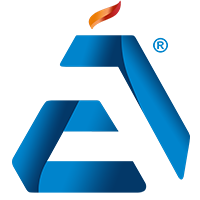
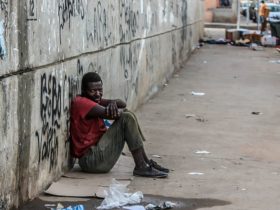

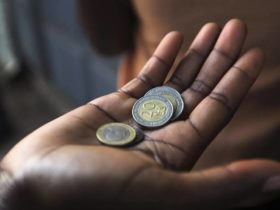





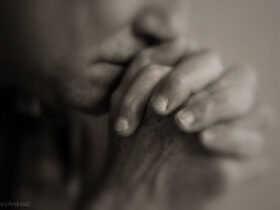




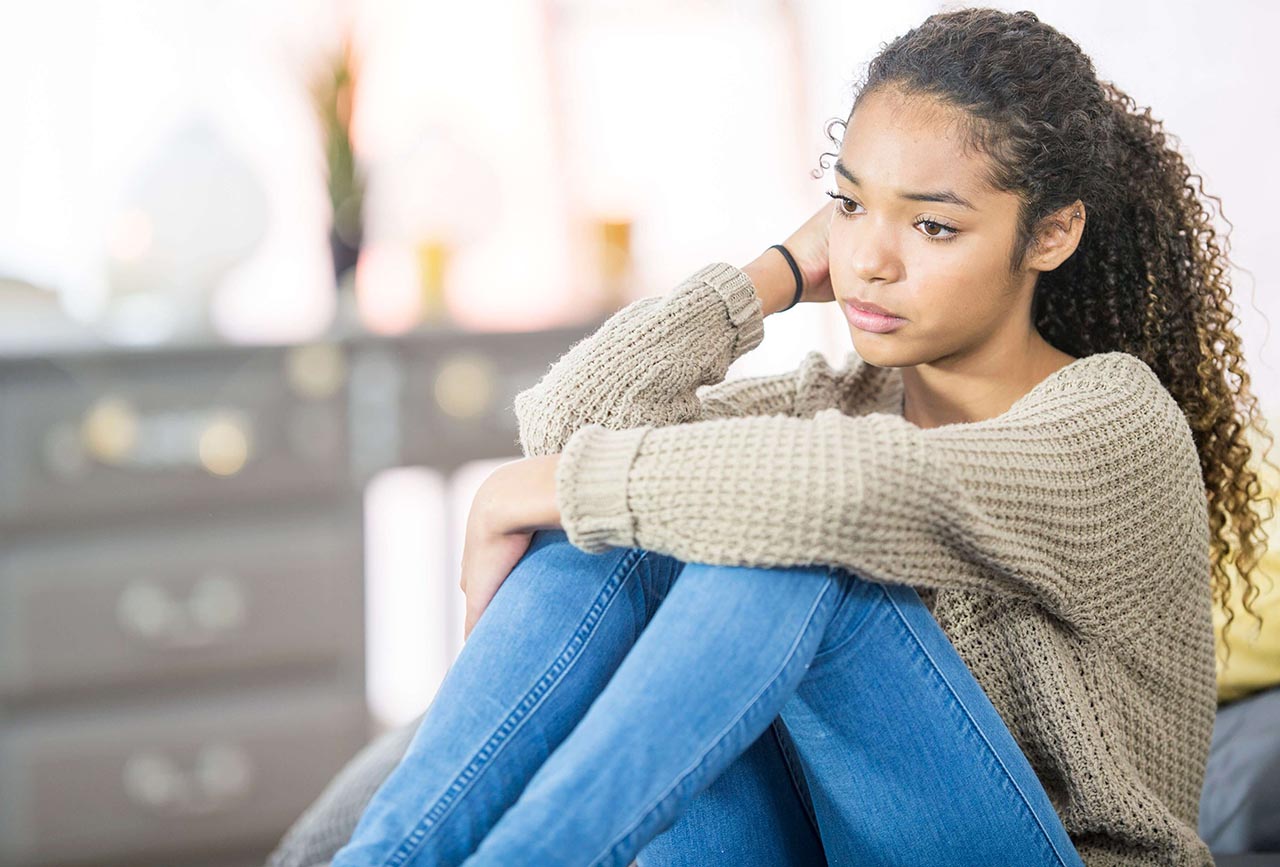
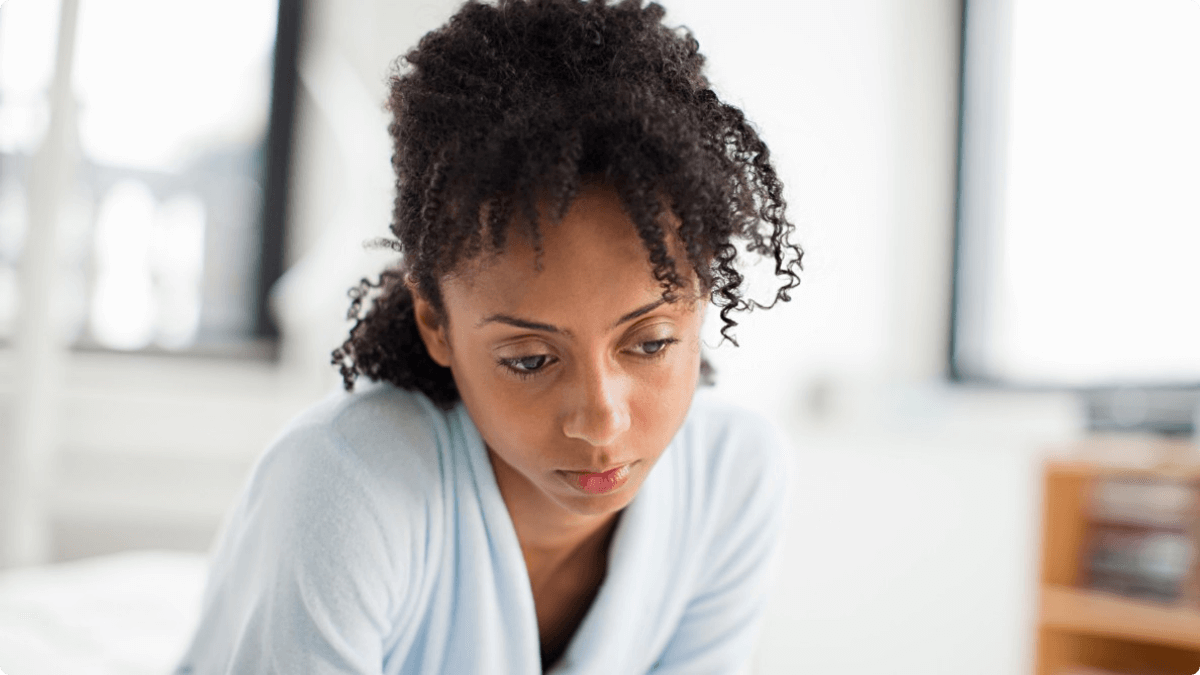

Leave a Reply